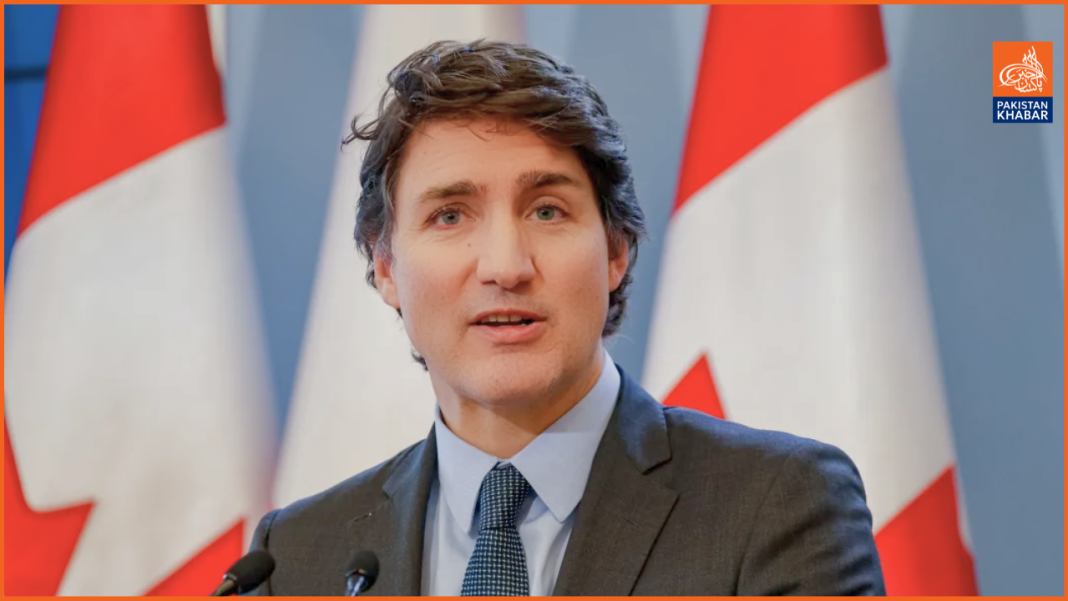Canadian Prime Minister Justin Trudeau is expected to announce his resignation this week amid growing dissent within his Liberal Party, according to a report by The Globe and Mail on Sunday.
The report, citing three anonymous sources familiar with internal party discussions, suggests Trudeau’s resignation could be announced as early as Monday.
The announcement is likely to precede a national Liberal Party caucus meeting scheduled for Wednesday, the sources indicated. It remains unclear whether Trudeau would stay on in an interim role while the party searches for new leadership.
Trudeau’s popularity has declined in recent months, with his government narrowly surviving multiple no-confidence votes and facing increasing calls for his resignation.
Although he pledged to lead the Liberals into the next elections scheduled for October 2025, Trudeau has come under additional pressure from incoming U.S. President Donald Trump, who has threatened a 25% tariff on Canadian goods.
Deputy Prime Minister Chrystia Freeland resigned in December after a disagreement with Trudeau over the response to Trump’s proposed tariff plan, marking the first open dissent within Trudeau’s cabinet.
Following Freeland’s departure, Trudeau implemented a major cabinet reshuffle, changing one-third of his team in an attempt to stabilize the political situation. In November, he traveled to Florida to meet with Trump at Mar-a-Lago, aiming to prevent a trade war.
However, Trump has since targeted Trudeau on social media, mocking him by calling him the “governor” of Canada and suggesting that Canada becoming the 51st U.S. state would be a “great idea.”
Trudeau, who rose to power in 2015 with a charismatic image, led the Liberals to subsequent victories in 2019 and 2021. However, he now trails his main rival, Conservative leader Pierre Poilievre, by 20 points in public opinion polls.
Before entering politics, Trudeau worked as a snowboard instructor, bartender, bouncer, and teacher. He was first elected to the House of Commons in 2008, representing a working-class neighborhood in Montreal.
During his tenure as prime minister, Trudeau implemented Senate reforms, signed a new trade deal with the U.S., introduced a carbon tax to reduce greenhouse gas emissions, legalized cannabis, launched a public inquiry into missing and murdered Indigenous women, and passed legislation permitting medically assisted suicide.




